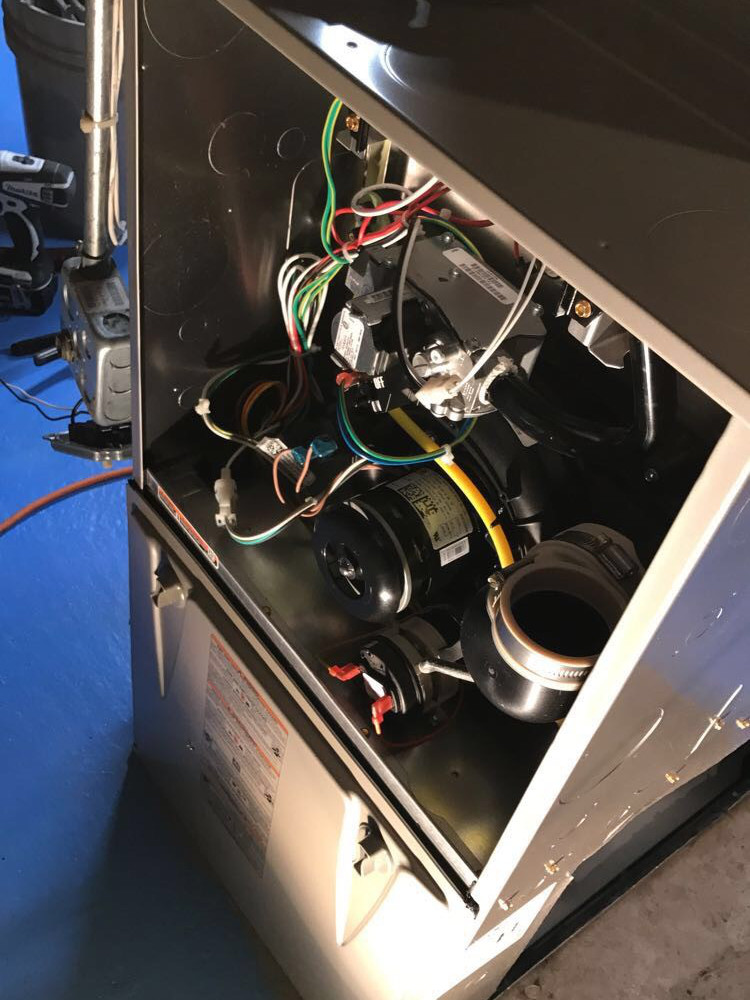Saving energy in your home is important for several reasons, including:
- Reducing energy bills: When you use less energy in your home, you’ll see a significant decrease in your monthly energy bills. This can save you a considerable amount of money over time.
- Environmental benefits: The less energy you use, the less greenhouse gas emissions are released into the atmosphere. This helps to reduce the impact of climate change, and preserve natural resources.
- Improved comfort: Many energy-saving practices can also improve the comfort of your home. For example, adding insulation to your walls and attic can help keep your home warmer in the winter and cooler in the summer, reducing the need for heating and cooling systems.
- Reduced maintenance costs: When you use less energy, your appliances and equipment are subject to less wear and tear, which can reduce the need for repairs and maintenance.
Some specific benefits of saving energy in your home include:
- Lower energy bills: As mentioned, using less energy can lead to significant savings on your energy bills.
- Longer lifespan for appliances: When appliances are used less frequently, they tend to last longer and require less maintenance.
- Increased home value: Energy-efficient homes are becoming increasingly popular, and as such, can command a higher resale value.
- Improved indoor air quality: Some energy-saving practices, such as using natural ventilation and air-sealing, can help to improve indoor air quality by reducing the amount of pollutants and allergens in your home.
In conclusion, saving energy in your home is not only good for your wallet, but also for the environment and your overall quality of life. There are many simple ways to reduce your energy consumption, such as turning off lights and electronics when not in use, using energy-efficient appliances and lighting, and properly insulating your home.

